Electrochemical H2 gas sensor Introduction
Electrochemical H2 gas sensor is a kind of gas sensor which uses electrochemical gas detection technology to detect the concentration of hydrogen gas in the environment. Electrochemical H2 gas sensor has good selectivity, stability built-in temperature sensor, can be temperature compensation; With digital output, easy to use. Hydrogen electrochemical gas sensor is a universal gas module designed and manufactured by combining mature electrochemical detection technology with excellent circuit design. It is widely used in the production of various portable and stationary gas detection equipment and in various occasions and equipment requiring gas detection.
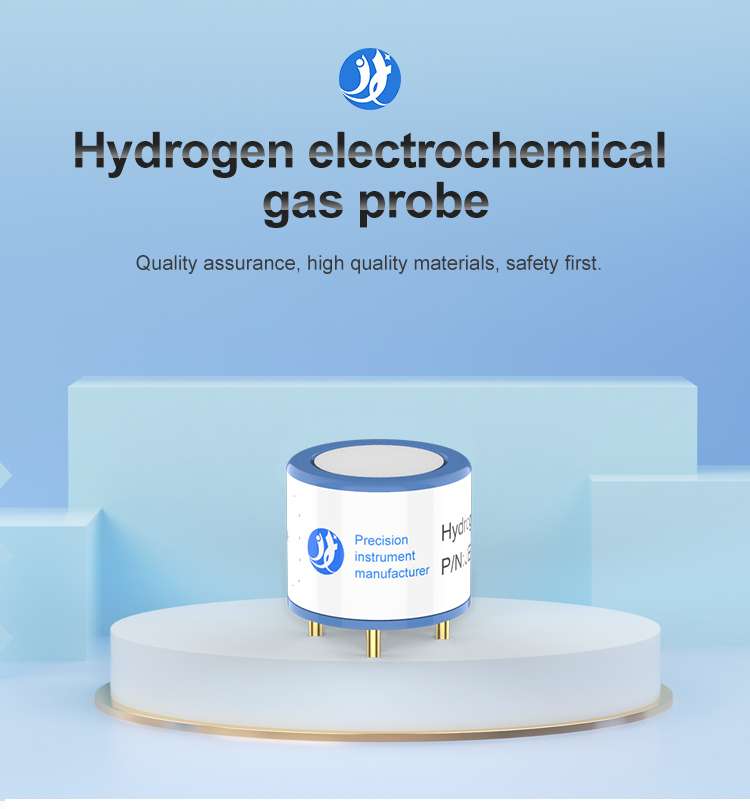
Electrochemical H2 gas sensor Features
1. High sensitivity and resolution
Leading technology, the product enters the gas detection environment, the response speed is fast, after leaving, return to zero speed is also very fast.
2. High-performance chips
Breakthrough process, three electrode structure design product performance significantly improved.
3. Waterproof breathable membrane
High protection, easy to clean, waterproof breathable membrane effective protection from particles and water vapor; Easy to clean and repair.
4. Small size and light weight
Small size, easy to install, can be mounted on portable, fixed, pipe and other appearance sensors used.
Electrochemical H2 gas sensor Parameters
Detection gas: hydrogen
Model number: JEC-H2
Measuring range: 0-1000ppm/0-40000ppm
Sensitivity: 0.03+0.01uA/ppm /0.6 sh 0.1uA/ppm
Resolution: 0.1ppm
Detection principle: electrochemistry
Temperature range: 0-50°C
Humidity range: 0~90%RH (non-condensing)
Pressure range: 1 to 0.1 (standard atmosphere)
Shell material: ABS
Weight: 5g
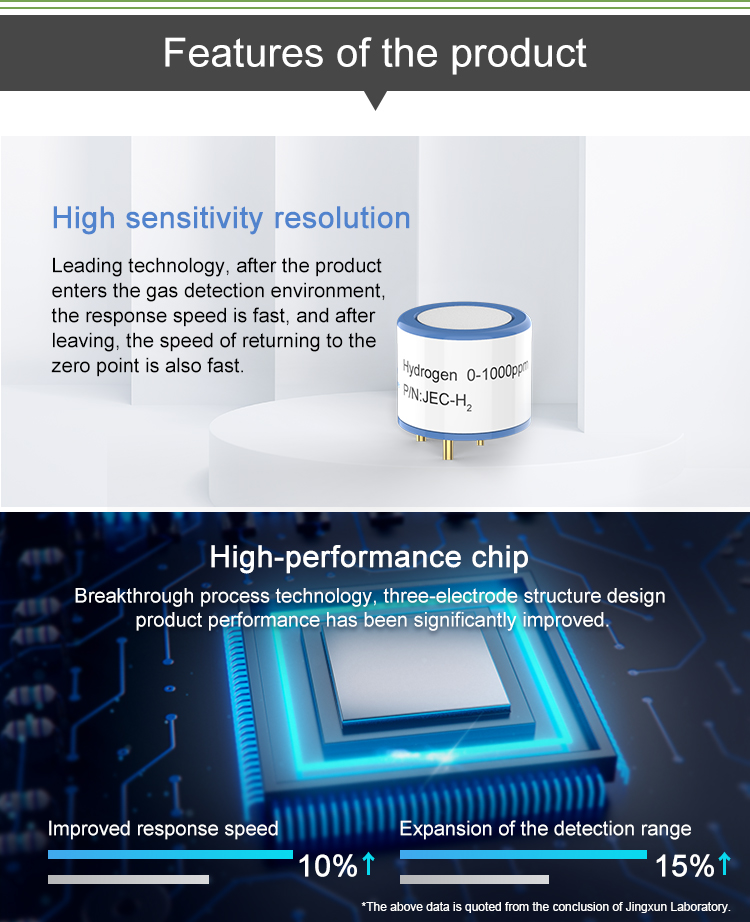
Installation instructions:
1. Please connect the electrode foot correctly, the wrong connection position will affect the normal work of the sensor; Sensors should avoid contact with organic solvents, paints, oils and high concentration gases; Do not use adhesive directly on or near the sensor to prevent breakage of the plastic casing.
2. Target gas is recommended for calibration. If cross-sensitive gas is used for calibration, the accuracy of calibration and measurement cannot be guaranteed.
3. Cross sensitivity can fluctuate by up to 30% and may vary with the production lot of the sensor and the life of the sensor.
FAQ
What is hydrogen?
Hydrogen is a kind of elemental form of hydrogen, with chemical formula H₂ and molecular weight of 2.01588. At normal temperature and pressure, hydrogen is a colorless, tasteless, highly combustible and insoluble gas in water. Hydrogen has a density of 0.089g/L (101.325kpa,0°C), which is only 1/14 of that of air, making it the least dense gas known in the world.
What is a hydrogen sensor?
Hydrogen sensor is very sensitive to hydrogen at room temperature and has good selectivity, which can be used as a sensor to detect hydrogen concentration in the environment. Due to the safety requirements in production and life, fast, sensitive and accurate hydrogen sensor is very necessary to avoid the possibility of explosion in time.
What are the applications of hydrogen?
1. The use of hydrogen is determined by the nature of hydrogen. For example, hydrogen is the least dense of all gases and can be filled into a sounding balloon.
2. Hydrogen can be inflatable ball or air boat, used as heat conduction material in the dihydrogen internal cold generator, smelting non-ferrous metals and high purity germanium, silicon, synthetic ammonia, hydrochloric acid, petroleum hydrogenation, hardening oil, high efficiency fuel, hydrogen and oxygen flame.
3. Hydrogen is the lightest gas and is most commonly used to fill hydrogen balloons and airships. Hydrogen is an important chemical raw material.
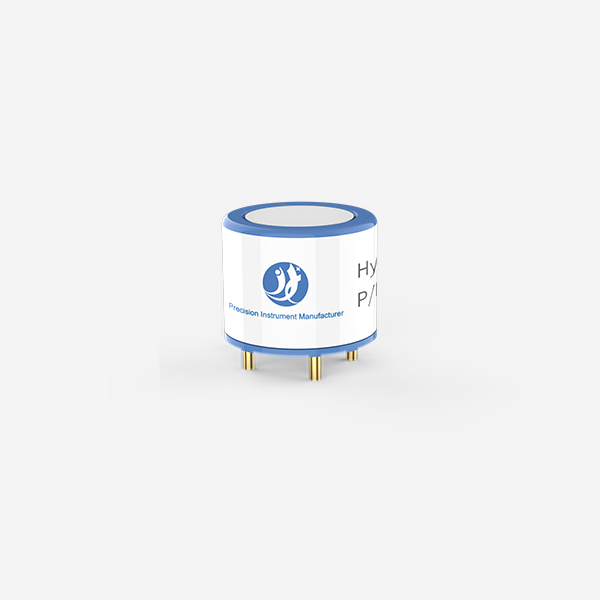
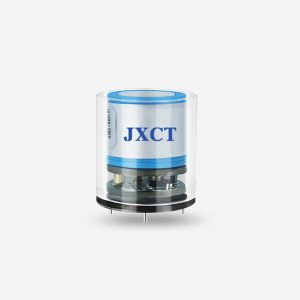
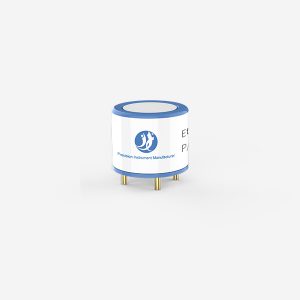
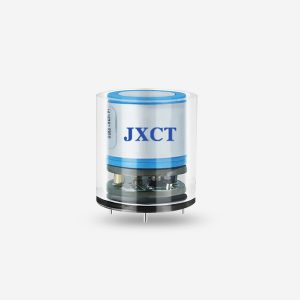
Reviews
There are no reviews yet.